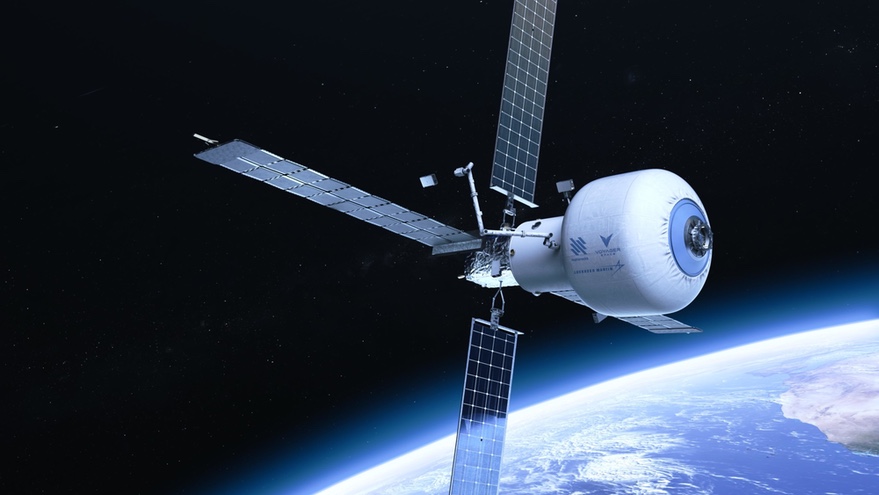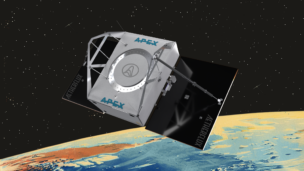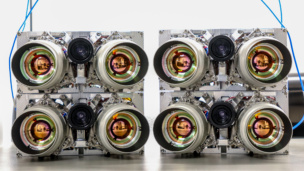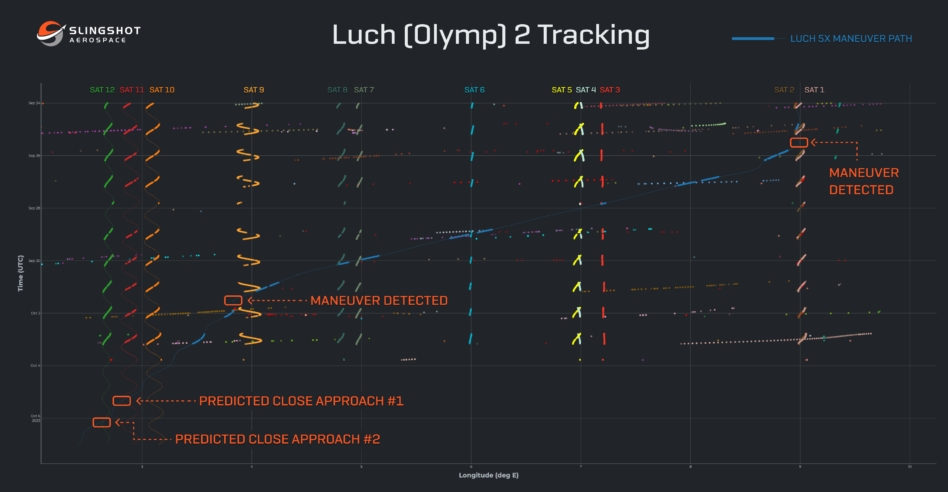Northrop Grumman is pulling out of NASA’s competition to build a private space station in LEO as a solo entity to instead pair up with Voyager’s Nanoracks.
“This is a positive development for the commercial low Earth orbit destinations effort,” Phil McAlister, NASA’s director of commercial space, said in a statement on Wednesday. “Northrop Grumman has determined that its best strategy is to join the Nanoracks team, and NASA respects and supports that decision.”
How we got here: In December 2021, NASA awarded contracts to three companies to begin developing commercial LEO destinations, or CLDs, as the agency prepares to retire the ISS. Nanoracks won a $160M contract to build out its Starlab space station, Blue Origin won a $130M contract to continue work on its Orbital Reef station, and Northrop won a $125.6M contract for its own commercial space station.
Separately, Axiom Space will add commercial modules to the ISS under an agreement with NASA as part of a long-term goal to run a standalone commercial space station.
New partners: Under the new teaming, Northrop, which currently flies cargo resupply missions to the ISS with its Cygnus spacecraft, will send cargo to Nanoracks’ Starlab station for an initial-five year period, according to a Voyager release. Northrop will also upgrade Cygnus to include autonomous rendezvous and docking technology.
Northrop has already been paid $36.6M of its $125.6M contract. NASA will use the $89M not yet spent on Northrop’s contract to add additional milestones to the contract with the other companies, including Nanoracks, Blue Origin, and Axiom Space, to ensure CLDs are up and running before the ISS retires in 2030, according to a press release.
Others in trouble? Last week, CNBC reported that Blue Origin was reconsidering its Orbital Reef space station partnership with Sierra Space so both companies could focus on higher-priority projects: the Blue Moon lunar lander for Blue Origin and the Dream Chaser spaceplane for Sierra.





